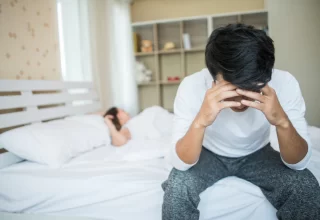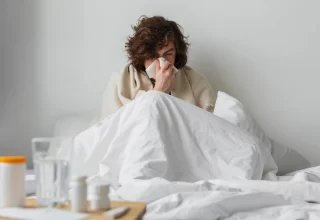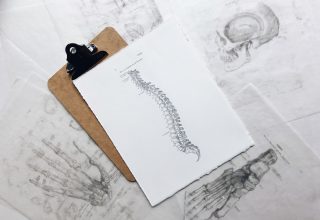Top Home Remedies for Internal Bleeding
Hemorrhaging is another name for internal bleeding. This means it is bleeding that will occur inside the body when the blood vessels get hurt. There are always minor injuries and significant injuries.
The minor injuries are such as ruptured blood vessels near the surface of the skin, and also ruptured blood vessels. This usually causes tiny red specks on the skin or the minor bruising.
But in the case the haemorrhages are severe, this could lead to death cases. Usually, this is not a condition in itself; that is, it has an underlying cause. An ideal reason for this could be a traumatic injury.
Bleeding is usually easily detectable and therefore taking proper interventions should always be considered. However, internal bleeding could be that difficult to detect; thus, special examinations will be necessary to determine the cause.
What is internal bleeding, and what causes it?
Internal bleeding refers to the bleeding that happens inside the body. However, according to different medical practitioners, there will always be different terms they use depending on the location of the bleeding.
Some of the body organs where bleeding could occur without us detecting that easily are the cavities, tissues, and organs. It might be hard to discover you are injured even after some hours of an injury. In most circumstances, recognizing the symptoms is usually hard until your body loses the amount of blood.
The causes of internal bleeding could be adverse. You might suffer from this problem, especially when you get into severe injuries like accidents. During the first times of damage, your body will always seem to be okay without having any problems.
However, as time goes by, this internal bleeding could lead to more catastrophic issues. This is because the bleeding itself is always not visible, and thus, early treatments could not be done.
Symptoms
Usually, internal bleeding could cause the appearance of a bruise on the affected sites. At most times, it could be hard to ignore a bleeding wound or cut on the outside of the body, but when the bleeding is deep inside the body, then we can always overlook it. This happens to a point when the problem starts causing life-threatening symptoms.
Since blood is significant in the functioning of organs in the body when one losses blood then this could cause a wide range of symptoms.
- Bruising, usually around the site of the hemorrhage
- Bloodin the urine
- Chestpain
- Abdominalpain, often severe enough to cause nausea and vomiting
- Light-headednessor dizziness
- Generalweakness
- Muscleand joint pain, aching, and weakness
- Numbness
- Diarrhoea, often a dark, brown or black color
- Unexplainedexhaustion
- Shortness of breath or shallow breathing
However, when the situation is that traumatic, this could pose symptoms such as
- Organfailure
- Seizure
- Lossof consciousness
- Coma
- Leakageof blood from the eyes, ears, or nose
- Sweaty, wet skin that often feels cool to the touch
- Rapidheart rate
- Littleor no urine
- Verylow blood pressure
Home remedies of internal bleeding
Internal bleeding is always severe, and it’s worth your worry. Thus whenever you get involved in accidents, you must seek medical care. However, on the other hand, you can always use some of the natural home remedies that could help to reduce the discomfort from the internal bleeding.
1. Elemental diet

When one is undergoing an internal bleeding challenge, the need to use liquid and pre-digested foods is vital. These kinds of diets will always serve as steroids that could help in the stimulation of the remission.
With the elemental diet, any inflammation could be treated. Commonly this elemental diet includes the use of probiotics that have a positive impact when it comes to the healing practice of the gastrointestinal tract.
Elemental diets thus play a significant role in maintaining the balance between the harmful bacteria and the good bacteria, thus providing the body with healthy bacteria. It results in your body staying away from health problems and inflammations.
2. Aloe Vera
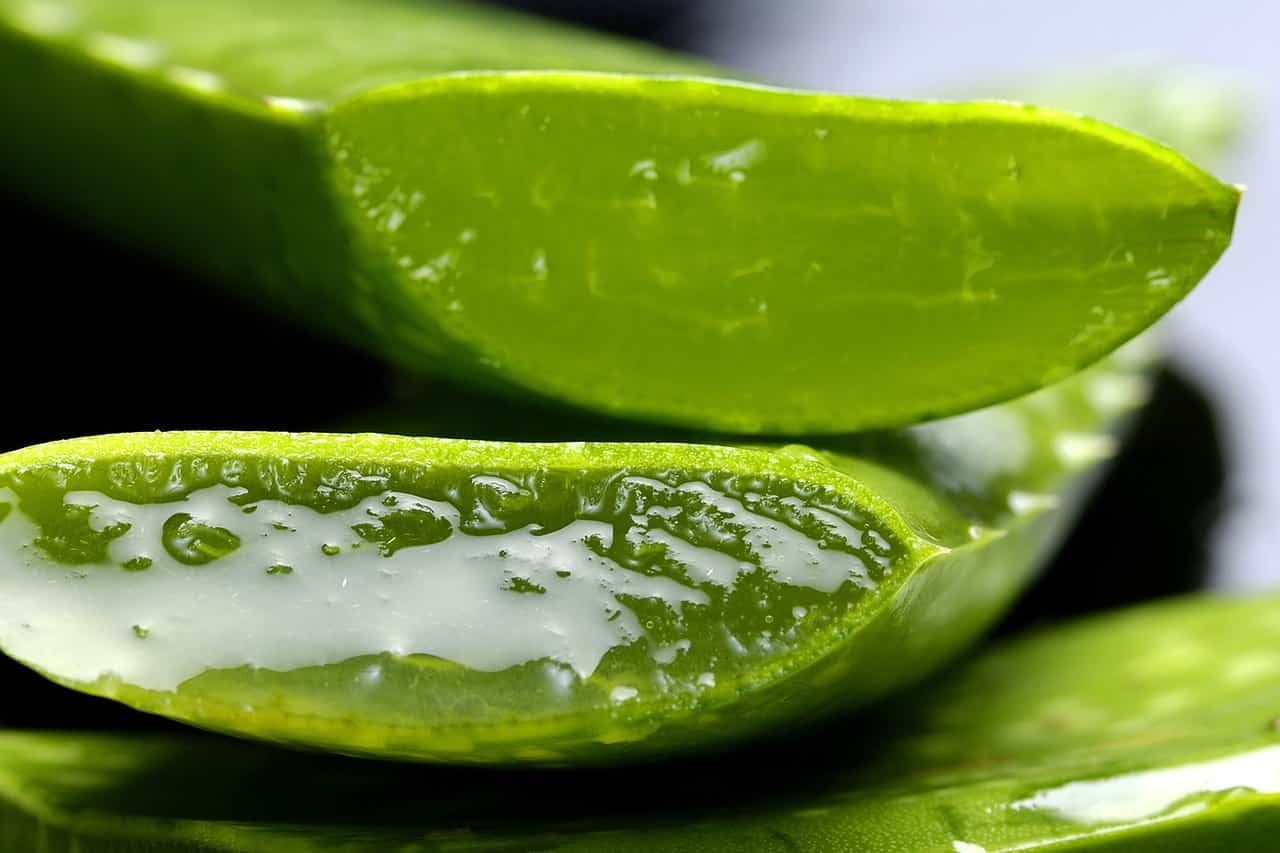
For many tears, Aloe Vera has proven its ability in helping treat some internal bleeding. It is a traditional homemade remedy that most people tend to use it mostly when they need to take care of their skins.
More so, Aloe Vera has the essential nutrients that help in the healing of the body tissues. It also has an anti-inflammatory nature suitable for soothing the intestines as well.
When it comes to treating the internal bleeding, for effectiveness, you should always consider drinking the fresh Aloe Vera juice at least twice a day. Always remember using it before taking meals. It’s the best way that will help its nutrients taking effect in our bodies.
3. Yarrow
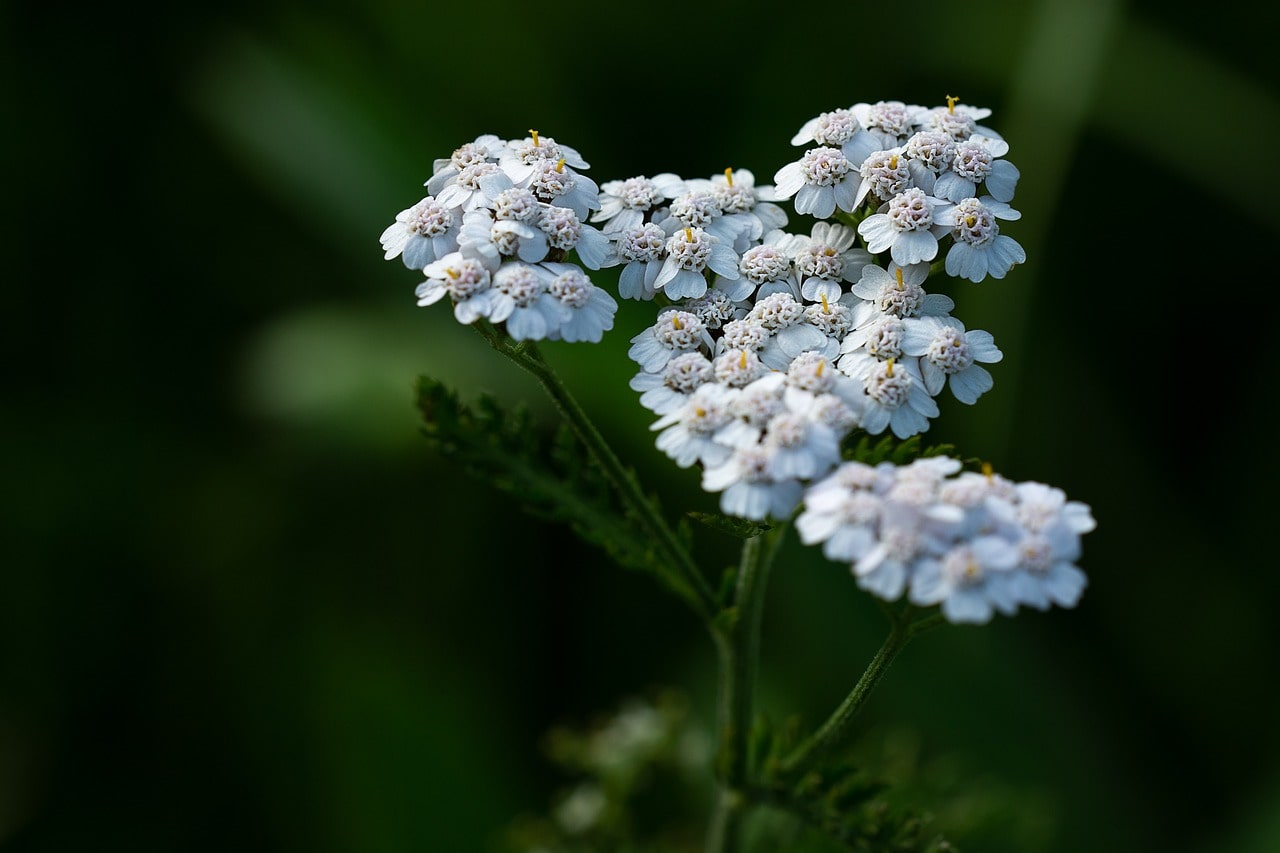
Yarrow is believed to be the most effective home remedy when it comes to treating staunching wounds. Scientists have proven that the yarrow herb could be essential for treating uterine hemorrhage or profuse menstruation.
Also, yarrow itself is an excellent source of nutrients that are ideal when it comes to fighting inflammation.it has the volatile oils, flavonoids and tannins. Therefore when you have a diagnosis of internal bleeding in the bladder or lungs, yarrow could be the most appropriate remedy.
The only side effect when you use yarrow is that it might cause allergies in most people. A critical reminder is that yarrow will always belong to the Aste family, and thus if your body is intolerant to this herbal family, avoid using it. Else you can even worsen the situation.
4. Birthroot
In the past, cases of death due to internal bleeding were very high, but with the rise in herbal treatment, these cases have reduced. Birthroot is thus one of the most valuable herbs that are effective when it comes to lowering internal bleeding.
The herb has nutritional value and also the presence of saponins and tannins. They also pose anti-hemorrhagic and anti-inflammatory qualities ideal for saving people who have internal bleeding due to bowel issues.
But what saddens us that the birthroot can be unreliable to pregnant women. When they use it when treating some internal bleeding cases, this may pose more threats. And thus, medical care is ideal.
Conclusion
Internal bleeding, when left unattended, could lead to very devastating effects. It could even cause death in the long run. Therefore, when it comes to significant injuries that do not show symptoms, medical care is necessary.
You can also consider using the home remedies, and they could best serve the purpose.
Frequently Asked Questions
What are the causes of internal bleeding?
Internal bleeding can result from trauma, such as a car accident or fall, as well as medical conditions like ulcers, gastrointestinal bleeding, or aneurysms. Certain medications and blood clotting disorders may also contribute to internal bleeding.
How is internal bleeding diagnosed?
Diagnostic methods depend on the suspected source of bleeding. Imaging tests such as CT scans, MRIs, or ultrasounds may be employed. Blood tests, endoscopy, or colonoscopy can help identify gastrointestinal bleeding.
Is internal bleeding always visible?
No, internal bleeding is often not visible externally. While visible signs like bruising may be present, internal bleeding can occur without apparent external symptoms.
What are the complications of untreated internal bleeding?
Untreated internal bleeding can lead to serious complications, including organ damage or failure, shock, and in severe cases, death. Prompt medical attention is crucial to prevent complications.
How is internal bleeding treated?
Treatment depends on the cause and severity of the bleeding. It may involve blood transfusions, surgery to repair damaged blood vessels or organs, medications to address underlying issues, or endoscopic procedures to stop bleeding in the gastrointestinal tract.
Can internal bleeding be prevented?
Prevention depends on the cause. Safety measures to avoid accidents or trauma, managing medical conditions that may contribute to bleeding, and regular check-ups for early detection of potential issues can help prevent internal bleeding.
When should I seek medical help for suspected internal bleeding?
If you experience symptoms like persistent or severe abdominal pain, dizziness, weakness, or if you suspect internal bleeding due to trauma, seek immediate medical attention. Quick intervention is crucial for a positive outcome.
Are there long-term effects of internal bleeding?
The long-term effects depend on the extent of the bleeding and how promptly it’s treated. In some cases, there may be lasting damage to organs or tissues. Follow-up care and monitoring are essential for a complete recovery.
Can medications cause internal bleeding?
Yes, certain medications, such as blood thinners, nonsteroidal anti-inflammatory drugs (NSAIDs), or antiplatelet drugs, can increase the risk of internal bleeding. It’s important to discuss potential side effects with your healthcare provider when prescribed such medications.
Read Also:

